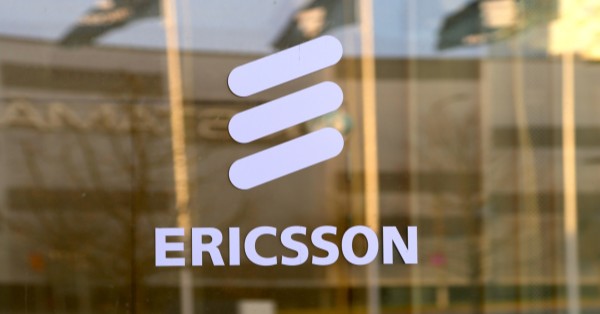Airtel and Google have signed a long-term, multi-year agreement to boost India’s digital ecosystem. Google will invest $1 billion in Airtel over the next five years, as part of its Google for India Digitization Fund, which includes equity investment as well as a corpus for potential commercial agreements to be identified and agreed on mutually advantageous terms during that time.
Google will purchase $700 million worth of shares in the firm at a price of 734 rupees, or about $9.77 per share, as part of the collaboration.
And $300 million will go towards establishing commercial agreements, which would include investments in scaling Airtel’s offerings that span a variety of devices to consumers via innovative affordability programs as well as other services aimed at increasing access and digital inclusion across India’s digital ecosystem.
India is one of the major growth markets for American technology firms, with over 600 million internet users — and millions more yet to come online. Both Google and Facebook have conducted programs in the last decade to bring internet access to tens of millions of Indians.
Google and Airtel partnership landscape
Airtel and Google have announced a commercial partnership, which will see them collaborate to develop Airtel’s broad portfolio of Android-enabled devices for customers through innovative affordability programs.
In addition, the collaboration will explore ways to lower the barriers of owning a smartphone at various price points in conjunction with different device makers.
Under the partnership’s broader strategic goals, both firms will potentially co-create 5G and other standards-based India-specific network domain usage cases that are cutting edge.
They also intend to collaborate on shaping and developing the Indian cloud ecosystem for accelerating the digital transformation journey, according to the press release. Airtel, which provides enterprise connectivity to over 1 million small and medium-sized enterprises, said it will “help fasten digital adoption.”
Airtel has already deployed Google’s 5G-ready Evolved Packet Core & Software Defined Network platforms and will look to expand the deployment of Google’s network virtualization technologies to provide a better network experience for their clients.
Chairman of Bharti Airtel, Sunil Bharti Mittal’s Statement
“Airtel and Google share the vision to grow India’s digital dividend through innovative products. With our future-ready network, digital platforms, last-mile distribution, and payments ecosystem, we look forward to working closely with Google to increase the depth and breadth of India’s digital ecosystem,” said Sunil Bharti Mittal, chairman of Bharti Airtel, in a statement.
Chief executive of Google and Alphabet, Sundar Pichai’s statement
Sundar Pichai, chief executive of Google and Alphabet, said “Airtel is a leading pioneer shaping India’s digital future, and we are proud to partner on a shared vision for expanding connectivity and ensuring equitable access to the Internet for more Indians.” “Our commercial and equity investment in Airtel is a continuation of our Google for India Digitization Fund’s efforts to increase access to smartphones, enhance connectivity to support new business models, and help companies on their digital transformation journey.”
Airtel and Vodafone Dept to Indian Government
The news comes as Airtel and Vodafone are scrambling to repay billions of dollars in debt to the Indian government. Vodafone sold 35 percent of its shares to the Indian government, giving it a controlling interest.
Competition with Jio Platforms
Vodafone and Airtel compete against the Jio Platforms, which has over 400 million users in India due to its low-cost voice calls and data services.
In 2020, Google acquired a 7.73 percent stake in Jio Platforms for $4.5 billion as part of a deal. Similarly, Jio Platform has also received the backing of Facebook and nearly a dozen other businesses.
Google and Jio Platforms have also collaborated to design a unique Android smartphone that they described as being designed for the masses. Analysts have predicted that the smartphone, which was initially delayed, is too costly for most of the population to afford.



























